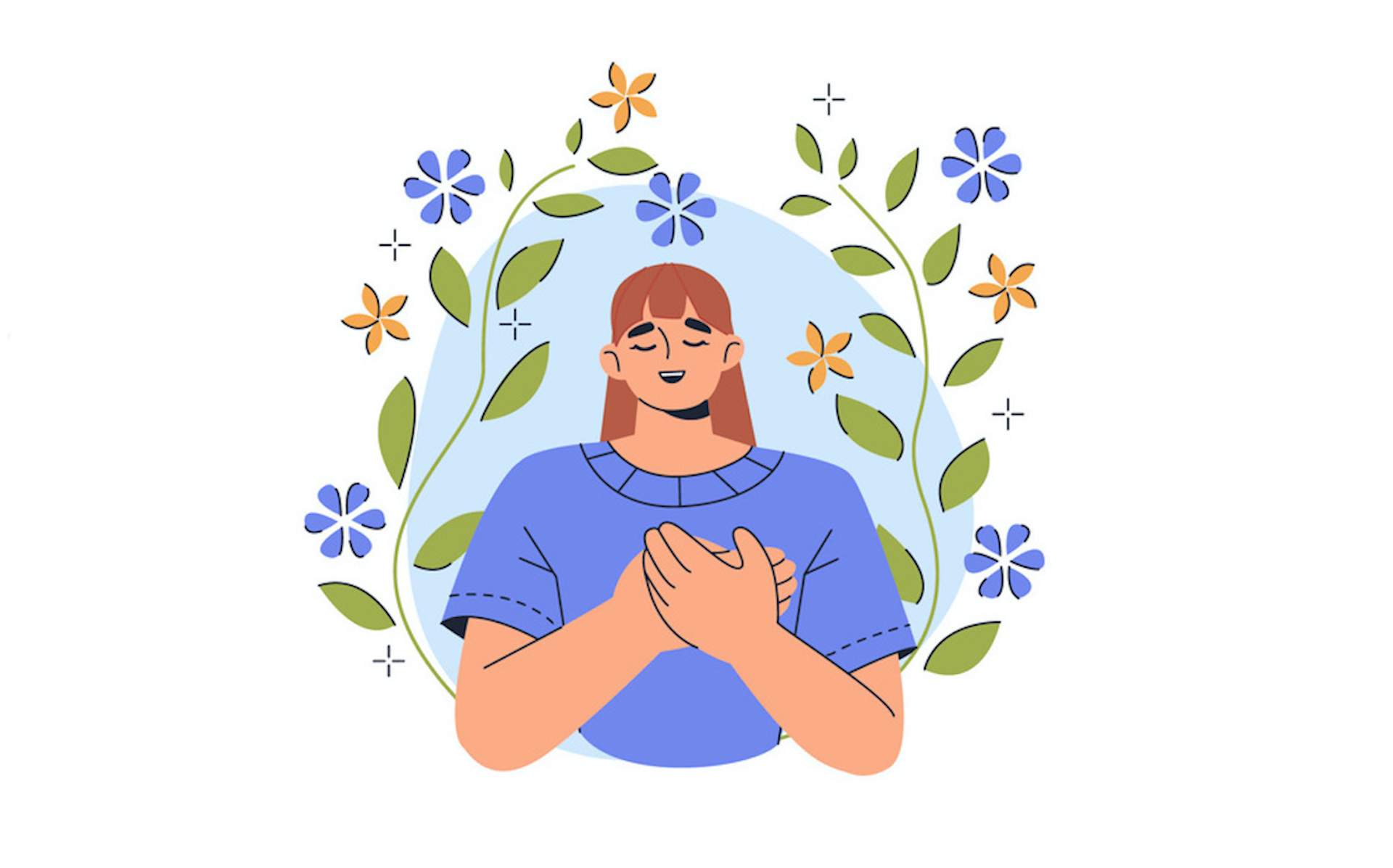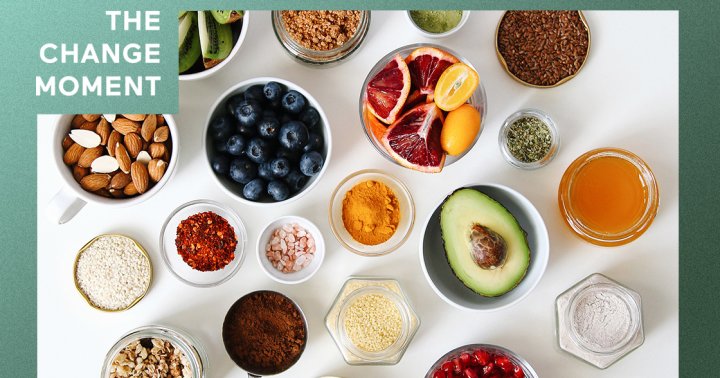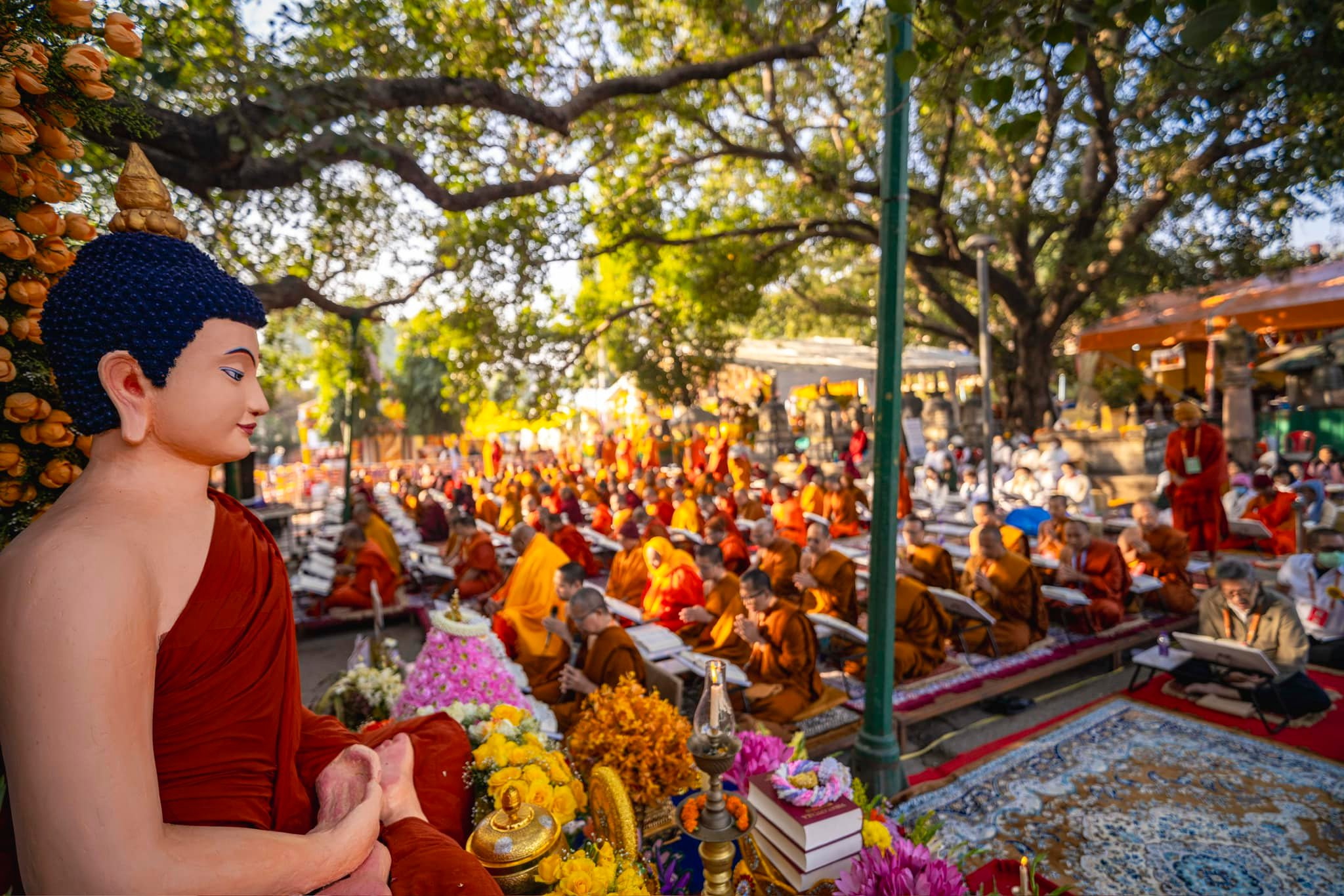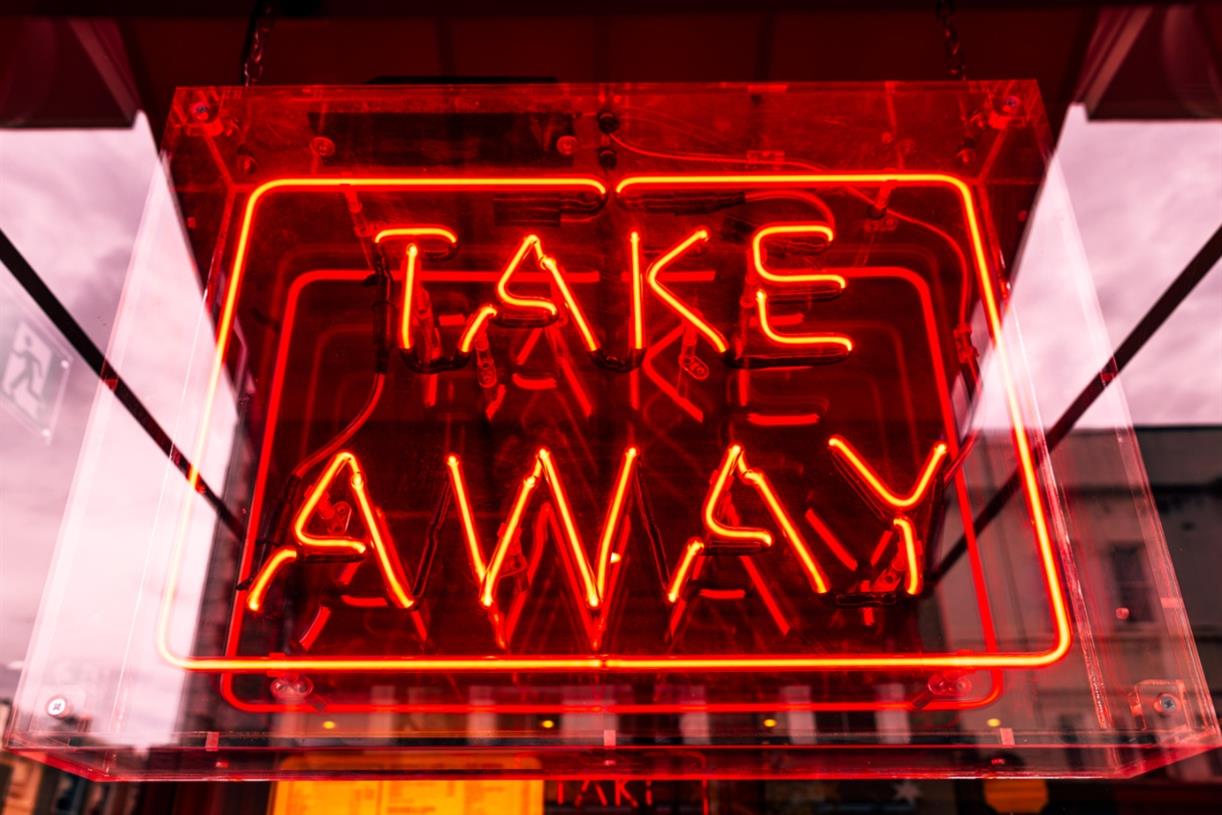10 Mindfulness Lessons for Hard Times
10 things you learn from having a mindfulness practice that help foster resilience in the face of whatever life brings. The post 10 Mindfulness Lessons for Hard Times appeared first on Mindful.

10 things you learn from having a mindfulness practice that help foster resilience in the face of whatever life brings.
By Diana Winston November 14, 2024 CalmHere’s what I know from my practice. I know that:
1. Things change. Emotions change, thoughts change, the breath changes. Nothing is static. And ideologies change; political movements come and go. And if I try to hold on to the way I think things are supposed to be, I will surely suffer.
2. That doesn’t mean I can’t have opinions. It is not UN-mindful to deeply want the world to be a certain way.
3. It’s normal to feel any emotion right now: despair, betrayal, outrage, loss… Someone else is feeling elation, joy, and righteousness. Or maybe you’re feeling nothing—shock or numbness. Mindfulness tells us to be open to any emotion as it is part of the human condition. But the more important question is, how can I practice with it?
4. Practicing with my emotions means—feeling them in my body in vivo. Can I feel my stomach clenched? Can I feel my heart racing? What is happening right in this moment, in my body? When I can feel it, without trying to change it, I can allow the emotion to be. I can make space for it, without getting overwhelmed.
5. The same with thoughts: When I’m entangled in my worries for my child, or my worst-case scenarios, I can remember to return to the present moment. What do I feel right here, right now? My toes on the floor. My breath in my belly. That’s all there is right now. I can prevent thoughts from snowballing out of control just by returning to the present moment.
6. Equanimity—balance and even-mindedness are the fruit of mindfulness practice. The more I sit with my inner experience without reactivity, the more I foster resilience in the face of whatever life brings.
The more I sit with my inner experience without reactivity, the more I foster resilience in the face of whatever life brings.
7. This does not mean I don’t act. That is a misunderstanding. It means that I do act, but act with awareness. When I act out of anger or fear, I’m not usually happy with the results. I know this. Acting from equanimity leads to wiser and more skillful actions. But I need to take my time with this. Appropriate action may not be evident immediately.
8. Peace begins with me. The peace activist A. J. Muste said, “There is no way to peace, peace is the way.” The only way to promote peace is to be it. Now. Through my practice.
9. Having my meditation practice is the single healthiest thing I can do right now. Having a place to cultivate more capacity to accept change, work with my emotions and thoughts, and cultivate equanimity is what is going to get me through.
10. When I’m filled with despair, I can bring to mind counter examples of human goodness and kindness, which are countless. Today I am moved by this quote from the late historian Howard Zinn:
“To be hopeful in bad times is not just foolishly romantic. It is based on the fact that human history is a history not only of cruelty, but also of compassion, sacrifice, courage, kindness. What we choose to emphasize in this complex history will determine our lives. If we see only the worst, it destroys our capacity to do something, If we remember those times and places — and there are so many — where people have behaved magnificently, this gives us the energy to act, and at least the possibility of sending this spinning top of a world in a different direction. And if we do act, in however a small way, we don’t have to wait for some grand utopian future. The future is an infinite succession of presents, and to live now as we think human beings should live, in defiance of all that is bad around us, is itself a marvelous victory.”
Read More
Let Your Practice Guide You Beyond Crisis Mode
While many of us lean on mindfulness to help us through times of inner and outer chaos, we can cultivate the greatest resilience through consistency in our practice, even when it doesn’t feel urgent.

 Lynk
Lynk 


































